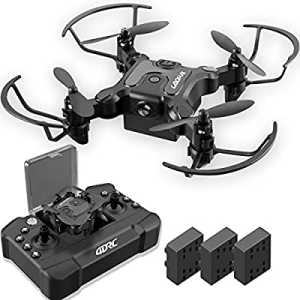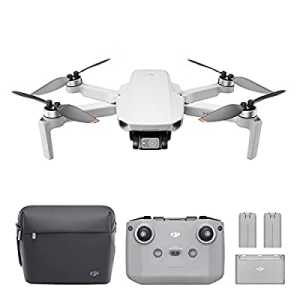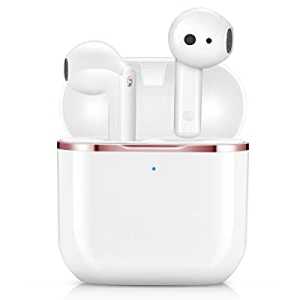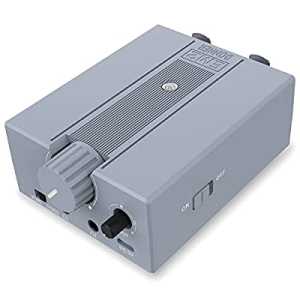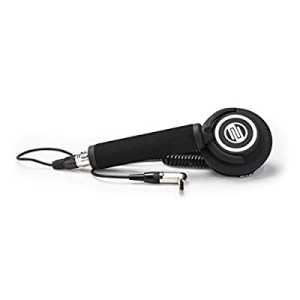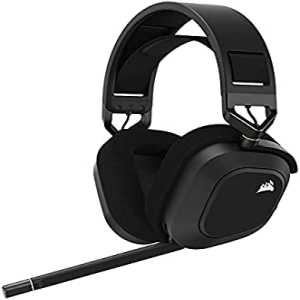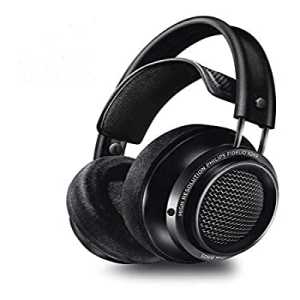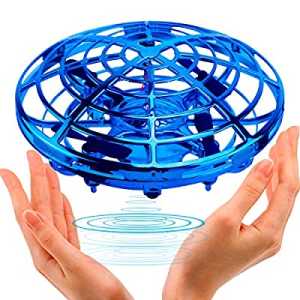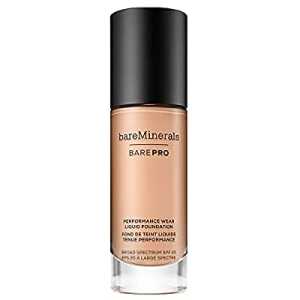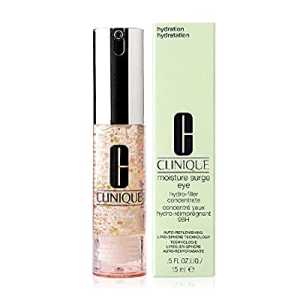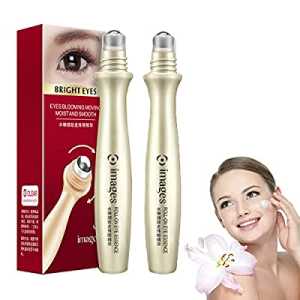
Contact Lenses Vs. Glasses: Choosing The Right Vision Correction Option For You
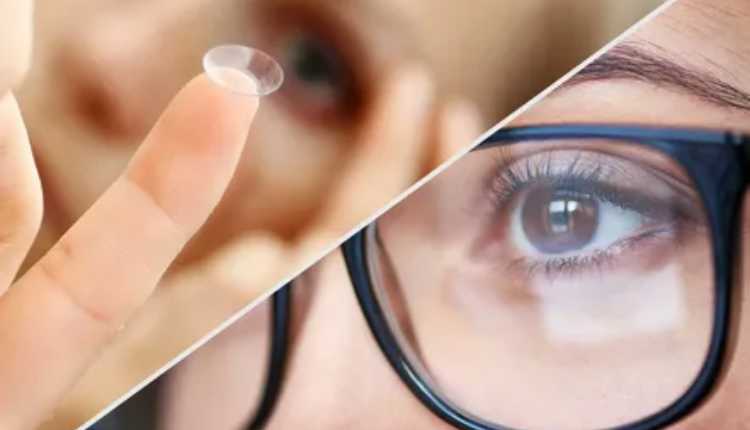
Regarding vision correction, the age-old debate between contact lenses and glasses continues to spark discussion among individuals seeking clearer vision.
Both options offer unique advantages and considerations; choosing between them is a personal decision based on individual preferences, lifestyle, and visual needs.
For those seeking expert guidance on vision correction options, the eye hospital in Chinchwad provides comprehensive eye care services. Their experienced team can help you explore whether contact lenses or glasses are best suited for your needs.
In this detailed exploration, we'll delve into the characteristics of contact lenses and glasses, providing the information you need to decide which option is right for you.
Understanding Contact Lenses:
Contact lenses are thin, curved discs made of breathable materials placed directly on the eye's surface to correct refractive errors like nearsightedness, farsightedness, and astigmatism.
They come in various types, including soft, rigid gas permeable (RGP), and hybrid lenses, each offering unique features and benefits. Contact lenses provide full peripheral vision and eliminate the need for bulky frames, offering a natural appearance and an uninterrupted field of view.
Advantages of Contact Lenses:
One of the primary advantages of contact lenses is their convenience and versatility. Unlike glasses, which can fog up, slide down, or get in the way during physical activities, contact lenses adhere directly to the eye, providing clear vision without obstruction.
Contact lenses are also ideal for individuals with active lifestyles or those participating in sports, as they offer greater freedom of movement and flexibility. Additionally, contact lenses can enhance self-confidence and self-esteem by providing a natural appearance without the aesthetic constraints of glasses.
Types of Contact Lenses:
Contact lenses come in various types to accommodate different vision needs and preferences. Soft contact lenses, made of flexible, water-containing materials, are preferred for comfort and ease of wear.
They are available in daily disposable, bi-weekly, and monthly replacement schedules, offering occasional and full-time wearers options. Rigid gas permeable (RGP) lenses, on the other hand, provide crisp, clear vision and are suitable for individuals with more complex prescriptions or specific corneal conditions.
Considerations for Contact Lens Wear:
While contact lenses offer numerous benefits, they require proper care and maintenance to ensure optimal safety and comfort. Following your eye care provider's recommendations for wearing schedules, cleaning solutions, and replacement intervals is essential to minimize the risk of eye infections and complications.
Additionally, individuals with certain eye conditions or lifestyle factors, such as dry eye syndrome or frequent computer use, may need specialized contact lens options or additional lubricating eye drops to maintain comfort and clarity of vision.
Understanding Glasses:
Glasses, also known as spectacles or eyeglasses, consist of lenses mounted in a frame on the bridge of the nose and ears to correct refractive errors and improve visual acuity.
They come in several styles, shapes, and materials, allowing customization to suit individual preferences and fashion tastes. Glasses provide a convenient and accessible vision correction option for individuals of all ages, offering straightforward maintenance and durability.
Advantages of Glasses:
One of the primary advantages of glasses is their simplicity and ease of use. Unlike contact lenses requiring insertion and removal, glasses can be put on and removed.
Glasses also offer additional benefits, such as protection from environmental factors like dust, pollen, and UV rays, helping to shield the eyes from potential harm. Additionally, glasses provide a versatile fashion accessory, allowing individuals to express their style and increase their overall appearance.
Types of Glasses Lenses:
Glass lenses come in various types to address different vision needs and preferences. Single-vision lenses correct vision at a distance, making them comfortable for individuals with nearsightedness, farsightedness, or astigmatism.
Bifocal and multifocal lenses, on the other hand, provide multiple focal points within the same lens, allowing for clear vision at both near and long distances. Additionally, specialized lens coatings, such as anti-reflective and photochromic lenses, offer added benefits such as glare reduction and UV protection.
Considerations for Glasses Wear:
While glasses offer numerous benefits, they require proper care and maintenance to ensure longevity and performance. Regular cleaning with a microfiber cloth and lens cleaner helps to remove dirt and fingerprints, providing clear vision and optimal lens clarity.
It's also essential to store glasses in a protective case when not in use and avoid exposing them to extreme temperatures or harsh chemicals that may damage the lenses or frame. Periodic adjustments and repairs by a qualified optician can help ensure a comfortable fit and proper alignment for optimal vision correction.
Choosing Between Contact Lenses and Glasses:
Choosing between contact lenses and glasses depends on individual preferences, lifestyle factors, and visual needs. Some individuals may prefer the convenience and natural appearance of contact lenses, while others may appreciate the simplicity and durability of glasses.
Factors such as comfort, ease of use, cost, and aesthetic considerations should all be considered when deciding. Consulting with an eye care professional can assist in determining the most appropriate option based on your specific requirements and preferences.
Contact lenses and glasses effectively correct refractive errors and enhance visual acuity. Each option has advantages and considerations; choosing between them is a personal decision based on individual needs and preferences.
Whether you opt for the convenience of contact lenses or the simplicity of glasses, the most important thing is to prioritize your vision health and ensure regular eye exams to monitor changes in your prescription and overall eye health. By working closely with your eye care provider, you can make an informed decision and enjoy clear, comfortable vision for years.
Author Bio
Article Comments
No Comments!
At present there are zero comments on this article.
Why not be the first to make a comment?
Similar Articles
Search Pages
Upgrade User Account
account to full use of editor,
including hyperlinks
Article Categories
There are zero sub-categories in this parent category.
There are zero sub-categories in this parent category.
